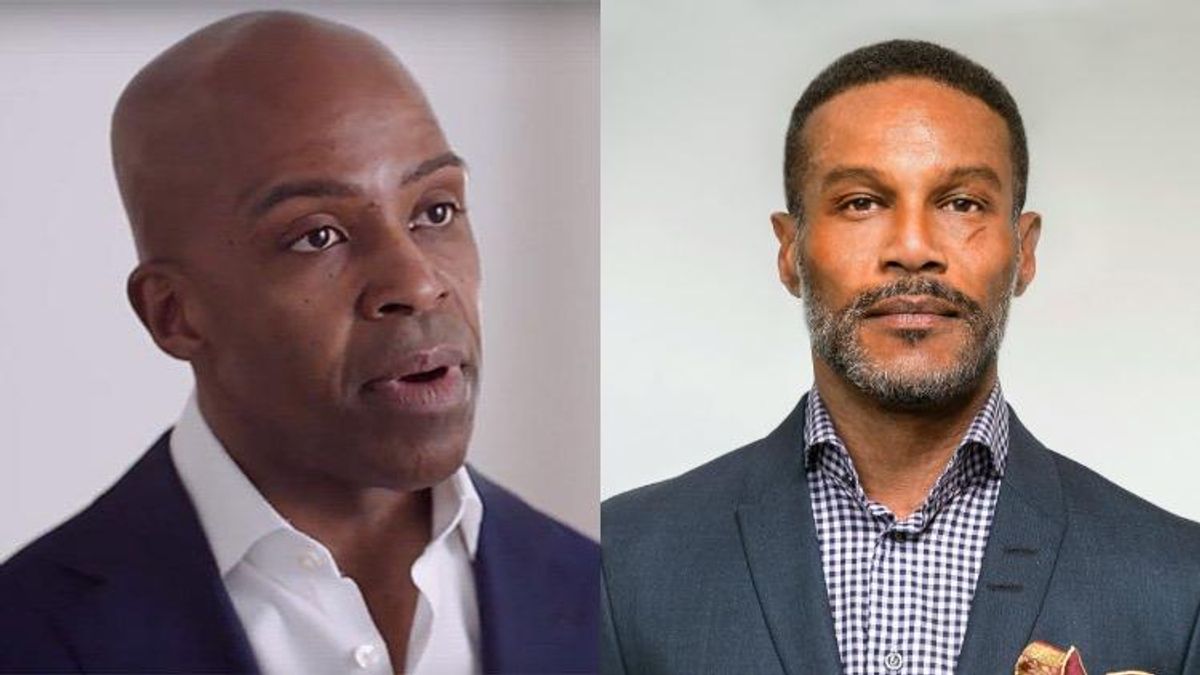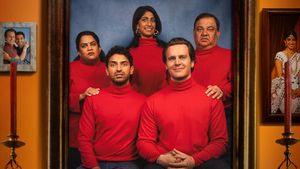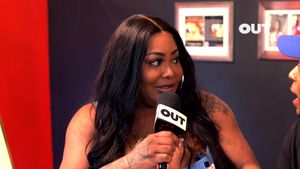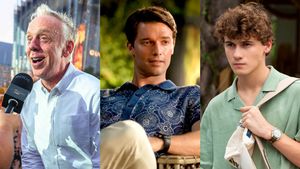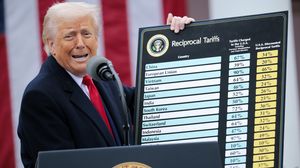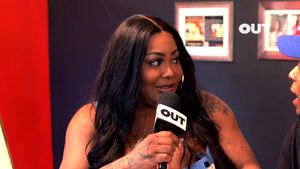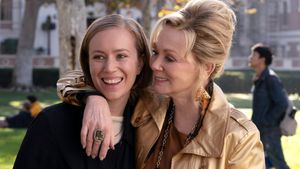I wish I could say that I was surprised by the Human Rights Campaign's decision to fire its first Black president, Alphonso David. But I was not. After the release of a dossier digging into sexual harassment allegations against former New York Gov. Andrew Cuomo that seemed to implicate David, HRC became headline news and David the center of scrutiny. As a result, the boards of HRC and its foundation launched a probe into the matter and then several weeks later terminated David "with cause." But given the organization's long history of overlooking and erasing LGBTQ+ people of color, if HRC hopes to truly nurture stronger relationships with these communities, they need to be more transparent about David's discharge.
HRC has struggled for years to make the campaign an inclusive body. Six years ago, HRC commissioned an independent study by the Pipeline Project to look at the organization's culture, The Internal Report: Major Diversity, Organizational Problems at Human Rights Campaign. The document called the HRC a "white men's club," while staff at the organization, which is the nation's largest LGBTQ+ rights group, was described as "judgemental," "exclusionary," "sexist," and "homogenous." The findings went on: "More than half of multiracial and Latino people and 83 percent of genderqueer people feel they are not treated equally based on their identity." But this report only put in writing what had long been known to some.
HRC's shortcomings on race have been an open secret among Black activists for years. Despite their stated desire to represent the entire LGBTQ+ community, HRC's staff has often lacked diversity. But even outside the organizational structure, their outreach rarely made it into communities of color. Even its marketing materials stopped short of painting a diverse representation of queer life.
As an activist for most of my life, I've had my own experiences with HRC over the past 30 years. My dad died of AIDS complications in 1986; 10 years later, I received my own HIV diagnosis and chose to start raising awareness about people of color affected by the disease. The Names Project AIDS Memorial Quilt Foundation elected me to its national board of directors, and in 1998 I was awarded a full-year social-service leave of absence from my employer. I spent the year crisscrossing the USA with quilt panels in hand to assist with HIV education in middle and high schools with significant populations of Black and brown youth. Back then, the AIDS crisis was still mostly portrayed as something that happened to white gay men -- a stereotype that HRC, consciously or not, had a role in perpetuating.
But I've always believed that the arc of the moral universe, as Dr. Martin Luther King put it, only bends toward justice when people are willing to stay in the game and improve imperfect institutions. So, despite my own misgivings, I chose to support some HRC initiatives over the years -- to be in the room, use my voice, my camera lens, when possible, to help create positive change in any way I could.
And there has indeed been positive change at HRC. It kicked up in earnest with the hiring of Alphonso David in 2019. I couldn't have been more excited when he was named president. Finally, I thought. A Black man. The first. And Mr. David didn't disappoint. Under his leadership, I finally saw some of the changes I'd always hoped to see from HRC: It created new initiatives to support communities of color and transgender and nonbinary people such as the Transgender Justice Initiative, solidified and expanded the HIV Health Equity program, and launched "My Body" an HIV education and prevention social marketing campaign which almost exclusively features people of color. It even fought voter suppression efforts that kept Black and brown people from the ballot box. The organization had finally embedded racial equity into the core of its work.
But now David is gone after a Sidley Austin internal investigation. While HRC's boards initially said they had "full confidence" in Mr. David, as president of the organization, on September 6, they fired him, citing breaches of his employment contract and HRC's Conflict of Interest Code. Whether or not David's conduct breached those documents remains a mystery to the general public because HRC was not meaningfully transparent, as they previously declared they would be -- a spokesperson told NPR the organization would "be transparent on the findings of the independent investigation."
David has called for such transparency multiple times in this process, and I join him in those calls. He is a documented civil rights activist and a Black leader in the queer community, a leader who was helping to repair the relationship between this 40+ year organization and communities it has long meant to represent -- this is something HRC even acknowledged in its announcement of the firing. If the organization intends to make good on its commitment to keep "fighting for all LGBTQ+ people, especially the most marginalized people in our community" at its core, it's imperative that begins with full honesty and transparency. Providing more insight to the Sidley Austin report for these very communities will be key to continuing down a new path, and will dispel any speculation that this firing was simply the latest in a long string of missteps the organization has made in regard to Black members of this community.
Duane Cramer is an internationally known activist and photographer who serves on the AIDS United Inc. Board of Trustees.
